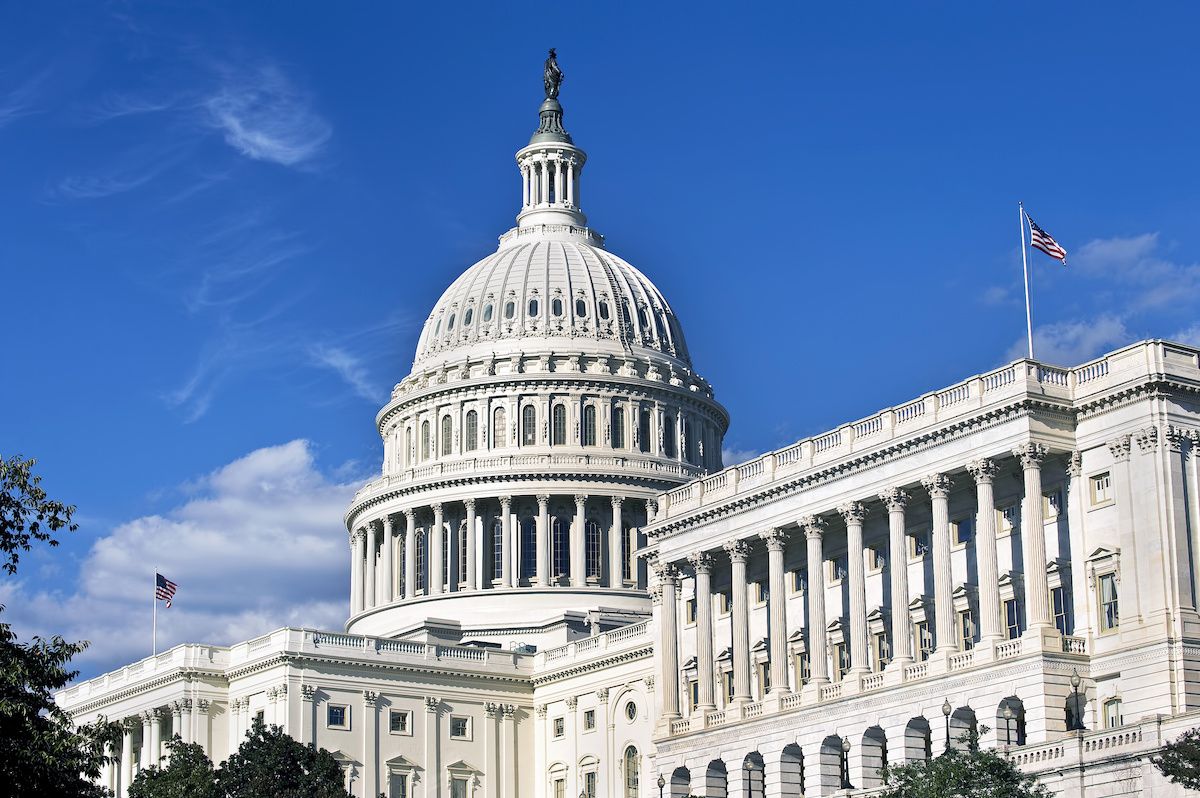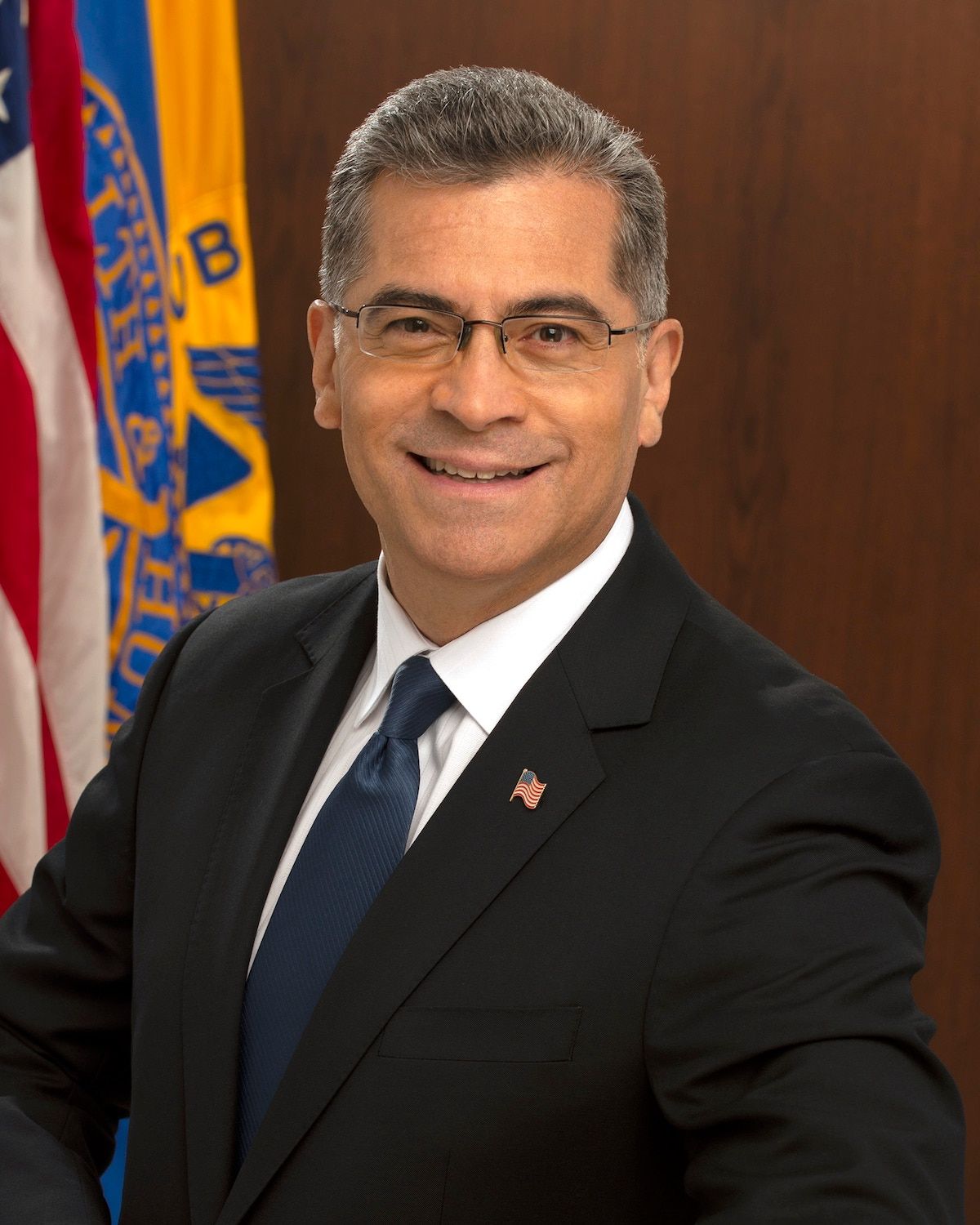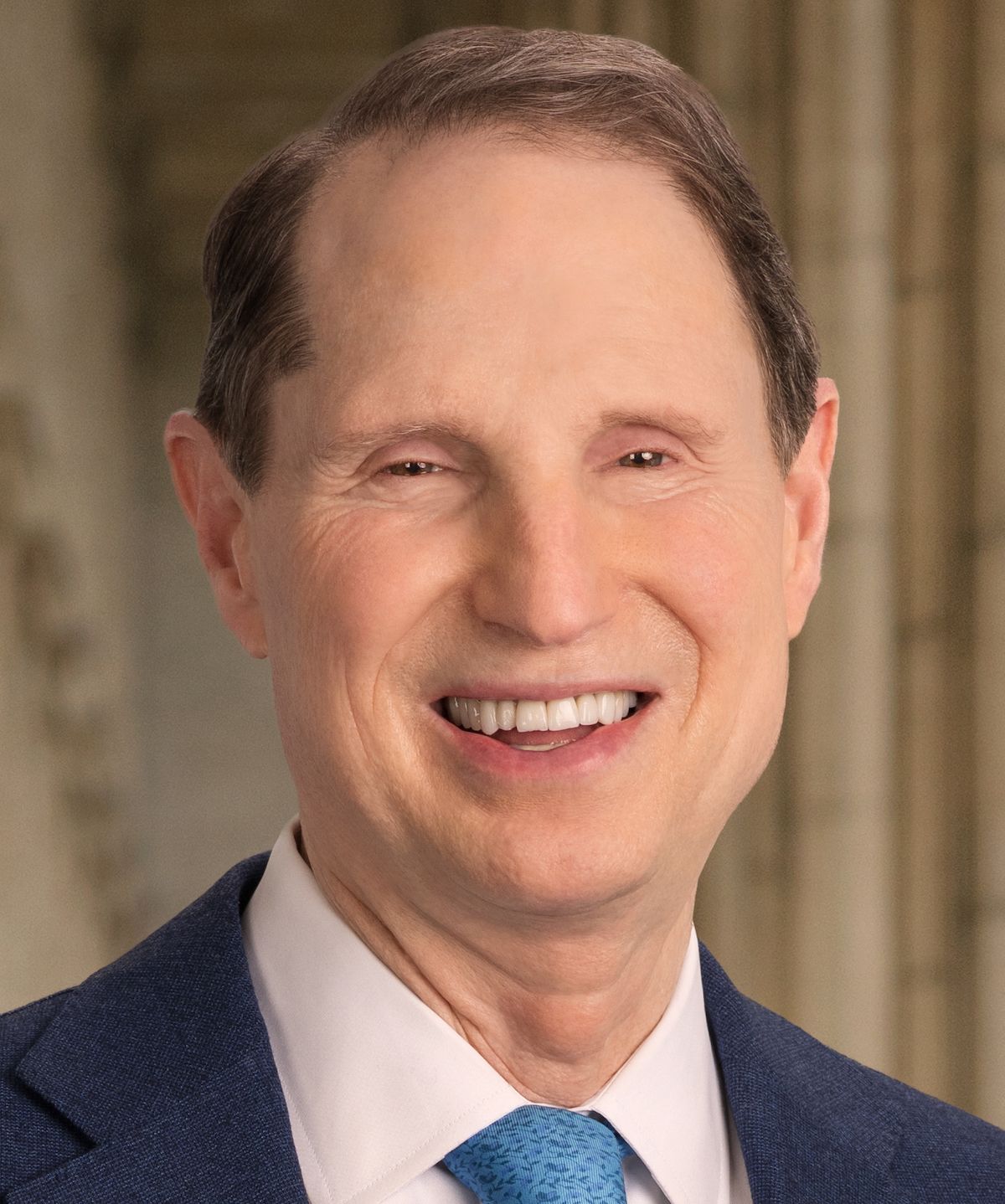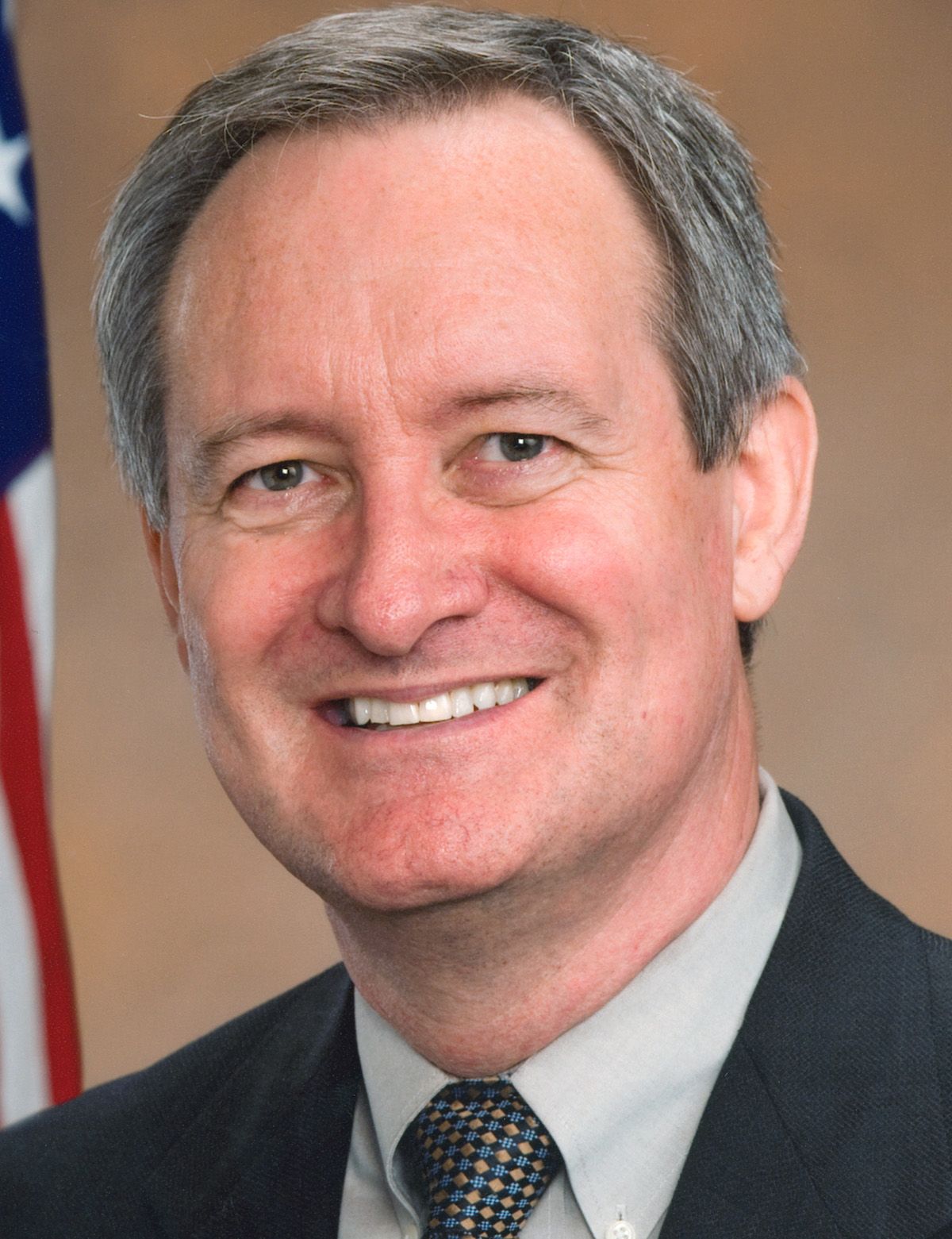- Revenue Cycle Management
- COVID-19
- Reimbursement
- Diabetes Awareness Month
- Risk Management
- Patient Retention
- Staffing
- Medical Economics® 100th Anniversary
- Coding and documentation
- Business of Endocrinology
- Telehealth
- Physicians Financial News
- Cybersecurity
- Cardiovascular Clinical Consult
- Locum Tenens, brought to you by LocumLife®
- Weight Management
- Business of Women's Health
- Practice Efficiency
- Finance and Wealth
- EHRs
- Remote Patient Monitoring
- Sponsored Webinars
- Medical Technology
- Billing and collections
- Acute Pain Management
- Exclusive Content
- Value-based Care
- Business of Pediatrics
- Concierge Medicine 2.0 by Castle Connolly Private Health Partners
- Practice Growth
- Concierge Medicine
- Business of Cardiology
- Implementing the Topcon Ocular Telehealth Platform
- Malpractice
- Influenza
- Sexual Health
- Chronic Conditions
- Technology
- Legal and Policy
- Money
- Opinion
- Vaccines
- Practice Management
- Patient Relations
- Careers
Senators grill HHS Secretary Becerra on nation’s next health care spending plan
Department is seeking more than $1.7 trillion for mandatory programs, $130.7 billion in discretionary spending.
© W.Scott McGill - stock.adobe.com

Senators want to know how the next budget of the U.S. Department of Health and Human Services (HHS) will affect various aspects of health care around the nation.
On March 14, members of the U.S. Senate Finance Committee held the hearing, “The President’s Fiscal Year 2025 Health and Human Services Budget.” They spent three hours questioning HHS Secretary Xavier Becerra about issues ranging from prescription drug prices to the nation’s southern border to nursing home staffing levels to access to mifepristone for abortion.
HHS has proposed $130.7 billion in discretionary spending and $1.7 trillion in mandatory expenditures for fiscal year 2025.
In his opening statement, Becerra touted the health care accomplishments of the administration of President Joe Biden. Examples include 21 million people using the Affordable Care Act Marketplace for health insurance, to negotiations with pharmaceutical makers to bring down prices of the first 10 drugs commonly used by Medicare recipients.
The next spending plan does more of the same, he said.
Xavier Becerra
U.S. Department of Health and Human Services

“The president's budget doubles down on the investments that made the comeback of our jobs, our economy and our health possible,” Becerra said in the hearing, which was webcast. “It lays out a vision for a nation that invests in its most vulnerable, fosters innovation and protects every American's access to the care she needs.”
Look at the records
Sen. Ron Wyden
(D-Oregon)

Committee Chairman Sen. Ron Wyden (D-Oregon) opened by comparing former President Donald Trump’s public comments on health care, and his actions, or lack thereof. Biden, through the Inflation Reduction Act (IRA), has led real actions that will bring down drug prices for Americans, while Trump is proposing to shred existing programs that countless Americans have come to rely on, Wyden said.
“On these issues, I think it's clear that there is a gap between President Biden and Senate Democrats and Donald Trump with respect to health care. The gap between those Trump promises and Biden action on health care, the difference on the actual record between the two, is as deep as Crater Lake,” he said, referring to the 1,943-foot-deep body of water at the heart of Crater Lake National Park.
GOP point of view
Sen. Mike Crapo
(R-Idaho)

Before the hearing started, Wyden and Committee Ranking Member Sen. Mike Crapo (R-Idaho) held a joint press conference calling for their colleagues to approve swiftly their bipartisan reform package on pharmacy benefit managers (PBMs). They had endorsements from the National Association of Chain Drug Stores and the National Community Pharmacists Association.
In his Senate Finance Committee opening statement, Crapo said the HHS budget “falls severely short” of robust, bipartisan, bicameral efforts to reform business practices of PBMs. Instead, the budget doubles down “on a price control policy that polarizes members in both chambers,” and the IRA has the unintended pricing provisions that could lead to fewer treatment options for people with rare diseases, he said.
Senate Republicans stand ready to work with Biden on the Cancer Moonshot, Crapo said. Meanwhile, HHS must continue to minimize disruptions for financially vulnerable rural hospitals and medical practices hurting financially due to the massive cyberattack that hit Change Healthcare, he said.
“We have an obligation to build on long standing legacies of bipartisanship and bolster the clinical clinic the clinician workforce, drive value based care, improve broken payment systems and ensure long term access to help to telehealth with these joint goals in mind,” Crapo said.
Tech in health care
In questioning, Wyden returned to the Change Healthcare hack. The budget would require real mandatory cybersecurity standards for hospitals, a great first step. But HHS also must fine the tech CEOs negligent about the safety standards Americans have a right to expect in cybersecurity, he said.
Becerra said HHS would work with every lawmaker on those issues, and on the PBM reform.
“Certainly I think we all agree there’s no reason to have middlemen in the health care system if they’re not going to provide health care,” he said.
The hearing included questions and statements from at least 22 members, with exchanges that were sometimes testy, sometimes amicable.
“You took a lot of hits this morning, I guess that goes with the turf,” Wyden said to Becerra.
